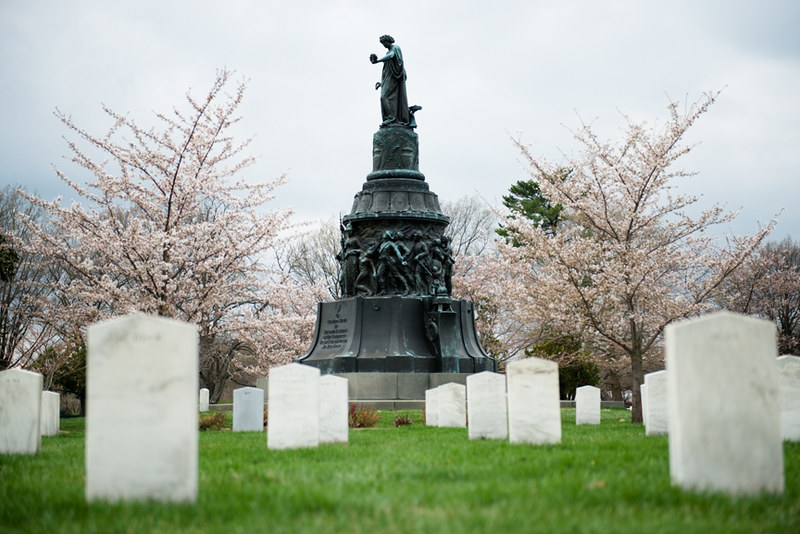
Clifton M. Iler
University Counsel and Senior Assistant Attorney General at the University of Virginia
by James C. Sherlock
Updated Dec. 18 at 16:30
The deck is stacked against the press, at least in the first step.
The University of Virginia, unsurprisingly, considers it not in its interests to release information to the press about the work of its threat assessment team in the case of Christopher Darnell Jones.
Mr. Jones, after that team failed to act, shot five people, killing three.
UVa’s Virginia Freedom of Information Act (FOIA, the Act) Officer works in the University Counsel’s office. The University Counsel’s job under Virginia law in civil matters is to defend the University. Protect it from things inimical to its interests.
The fact that this office also fields FOIA requests is and must be informed by that primary responsibility. That office will never knowingly break the law, but it will search it for provisions favorable to its client’s interest.
The office has only one client: the University.
Virginia’s FOIA law is dense. Most of its 48 pages are occupied with exceptions to the general duty to release information requested.
Agency attorneys are thus positioned to find an exception to repulse attempts at getting information that government agencies don’t want made public. Even if there is another part of that same law that arguably supports the request. The key modifier is “arguably.”
Such as information responsive to my FOIA request, which has been denied by the University Counsel’s office. I don’t blame them, I just disagree. They may prove right in the end. But the end is not yet here.
I will appeal to the FOIA Council, which contains Members of and works for the General Assembly. Different client.
If the information is ultimately to be released, we then will fight the next battle. Agencies get another bite of the apple. They get to make redactions they deem appropriate under the law.
The University’s FOIA office has done nothing wrong.
Rather, I find a structural problem with a FOIA system that requires the press to ask an agency’s defense attorneys for information inimical to the interests of their clients. And then lets those same attorneys redact prior to release.
It cannot work in favor of the freedom of information, so it doesn’t.
I am going to publish a series about my takeaways from this experience.
That at least you can read about. Continue reading →

 by Dick Hall-Sizemore
by Dick Hall-Sizemore







